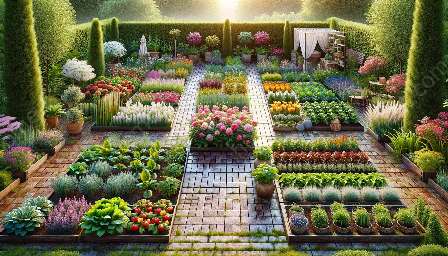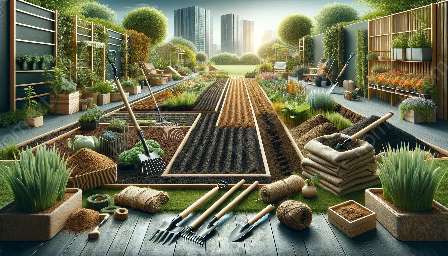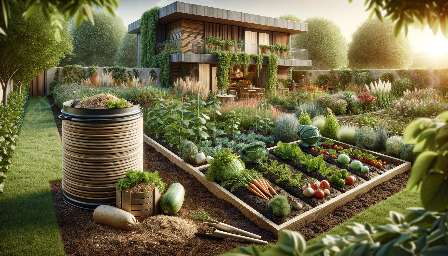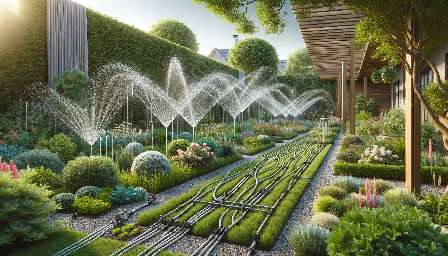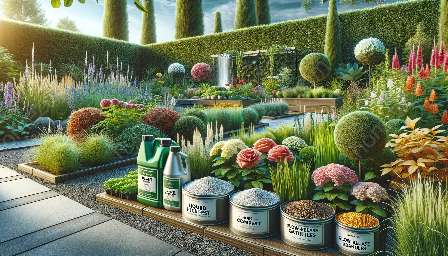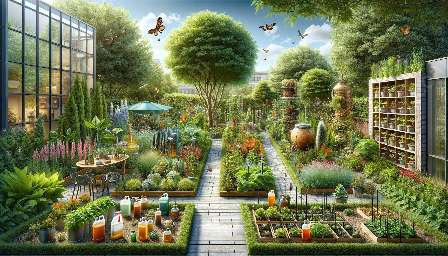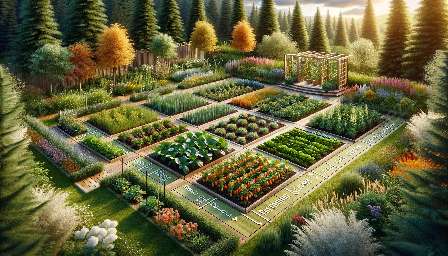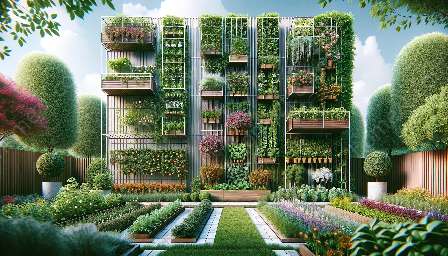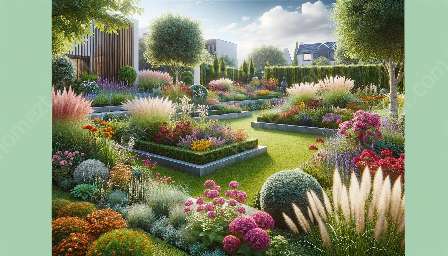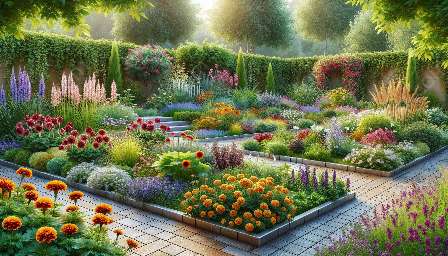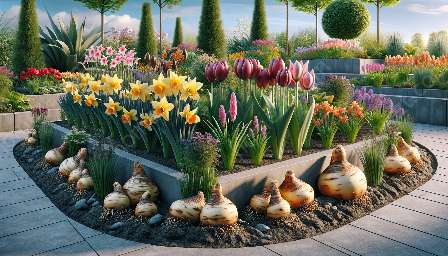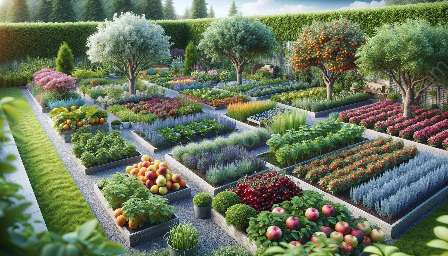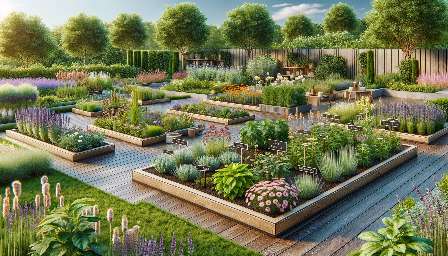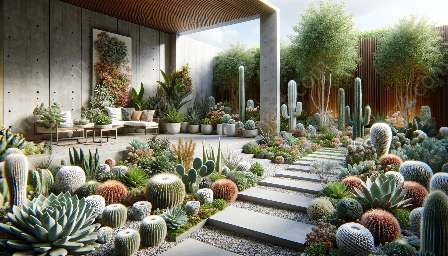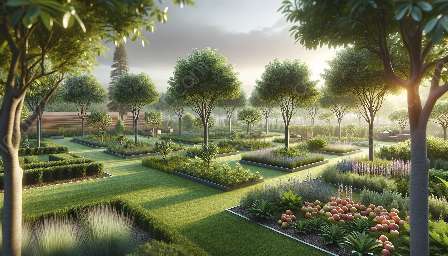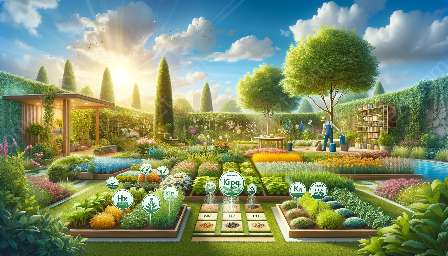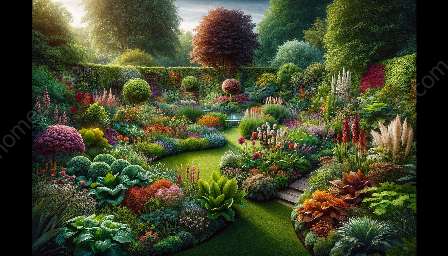Plants, like all living organisms, require essential nutrients to thrive. In a garden setting, understanding plant nutrition and the role of fertilizers is crucial for promoting healthy growth, robust foliage, and vibrant blooms. This comprehensive guide explores the key aspects of plant nutrition, the importance of fertilizers, and best practices for maintaining a flourishing garden in your home and garden.
The Basics of Plant Nutrition
Plants require a combination of macronutrients and micronutrients to support their growth and development. The primary macronutrients include nitrogen, phosphorus, and potassium, commonly referred to as NPK. These nutrients play vital roles in various physiological processes within the plants, such as photosynthesis, root development, and flower production.
Micronutrients, including iron, manganese, zinc, copper, and others, are needed in smaller quantities but are equally essential for overall plant health. Understanding the specific nutrient requirements of plants in your garden is fundamental in ensuring they have access to all the necessary elements for optimal growth and vitality.
The Role of Fertilizers
Fertilizers are a key tool for providing plants with the essential nutrients they need. They come in various forms, including granular, liquid, and slow-release formulations. It's important to select the right type of fertilizer based on the specific needs of your plants and the characteristics of your garden's soil.
Nitrogen-rich fertilizers promote leafy growth, phosphorus supports root development and flowering, while potassium enhances overall plant vigor and disease resistance. Additionally, specialized fertilizers tailored to specific plant types, such as flowering plants, vegetables, or lawns, can provide targeted nutrition to meet the unique demands of different plant species.
Choosing the Right Fertilizer for Your Garden
Before applying fertilizers, conducting a soil test can provide valuable insights into the existing nutrient levels and pH balance of the soil. Based on the results, you can then select fertilizers that address any deficiencies and optimize the soil conditions for your plants.
Organic fertilizers derived from natural sources, such as compost, manure, and organic matter, offer sustainable and environmentally-friendly options for enriching the soil. They contribute to the overall health of the soil ecosystem, promoting beneficial microbial activity and improving soil structure over time.
Best Practices for Fertilizer Application
When applying fertilizers, it's essential to follow recommended guidelines regarding timing and dosage. Over-fertilization can lead to nutrient imbalances, environmental pollution, and stress on plants. Properly incorporating fertilizers into the soil and watering thoroughly afterwards helps ensure the nutrients are available to the plants without causing harm to the environment.
Furthermore, considering factors such as the plant's growth stage, seasonal requirements, and specific nutritional needs can help optimize the effectiveness of fertilization while minimizing potential drawbacks.
Enhancing Plant Nutrition with Organic Solutions
In addition to commercial fertilizers, home gardeners can explore organic solutions to supplement plant nutrition. Compost tea, seaweed extracts, and bone meal are examples of organic amendments that can enrich the soil and provide a natural source of nutrients for plants.
Embracing sustainable practices and incorporating organic materials into the garden ecosystem contributes to long-term soil fertility and the overall well-being of plants, aligning with the principles of harmonious and eco-conscious home and garden care.
Conclusion
By understanding the principles of plant nutrition and choosing appropriate fertilizers, you can cultivate a thriving garden that exhibits healthy growth, abundant blooms, and resilience to environmental stressors. Leveraging the knowledge of plant nutrition and the use of fertilizers empowers you to create an environment where your home and garden flourishes with lush greenery and vibrant, colorful flowers, providing a delightful and visually captivating space for relaxation and enjoyment.


